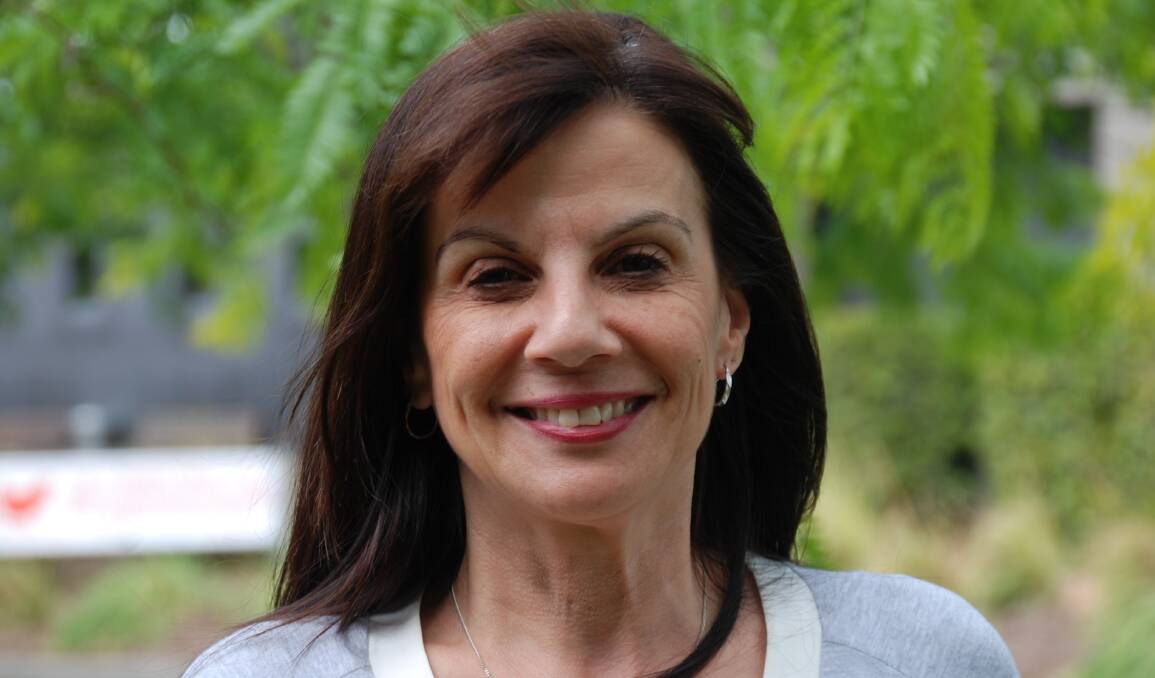You’ve been injured, severely. You have killed someone in an accident that was not your fault. Your daughter has died in an accident.
Subscribe now for unlimited access.
or signup to continue reading
All these situations are the devastating consequences of road trauma and a sad reality that thousands of Victorians are living with. Road Trauma Support Services counsellor Bernadette Nugent counsels those who need it. She works with anyone who has been involved in a transport trauma accident. Trauma affects everyone in different ways.
“Some people experience flashbacks, some have nightmares – some might not be able to sleep. Sometimes there is a trigger that reminds them of accident,” Ms Nugent said.
Often those involved try and put it behind them.
“They almost ignore the trauma they have experienced until they experience symptoms in other aspects of their life,” Ms Nugent said. Sometimes the impact can be physical.
“Often, until a loved one says ‘you’re not right’, they don’t realise that their back pain or neck pain is linked to the stress from the trauma,” Ms Nugent said.
For those that have been exposed to extreme trauma or lost a loved one, the everyday nature of continuing life can be extremely difficult. For those that have, through no fault of their own, killed a person they are likely to re-think every minute detail.
“Our goal is to help people re-connect with them again,” Ms Nugent said.
“Their sense of safety is shattered. Most of us get in the car everyday and assume we will make it alive, that we will be safe.
“When something traumatic happens these people no longer feel that way. We attempt to re-establish that sense of safety.”
Some people like Chris Mair, who The Courier featured last Saturday, waited for 20 years to pass before speaking about trauma. Ms Mair’s mother and aunt were killed, and her sister severely injured, when a drunk driver struck them. Ms Mair was 18.
“I was so conditioned to just bottle it up – but it festers away,” Ms Mair said.
Ms Nugent says some people take decades to realise their lives are dictated by the trauma they have suffered.
“Not everybody needs counselling but what we do is offer a service to support people through grief.”















